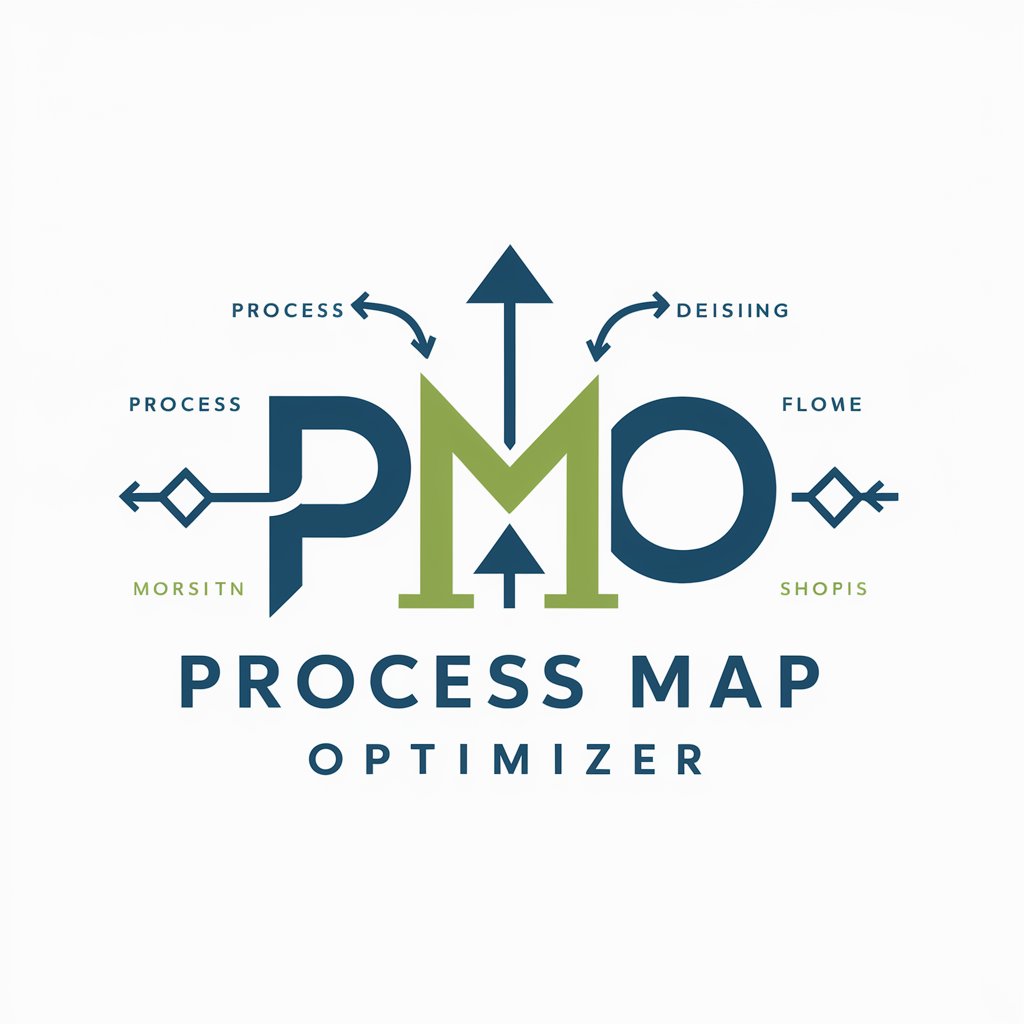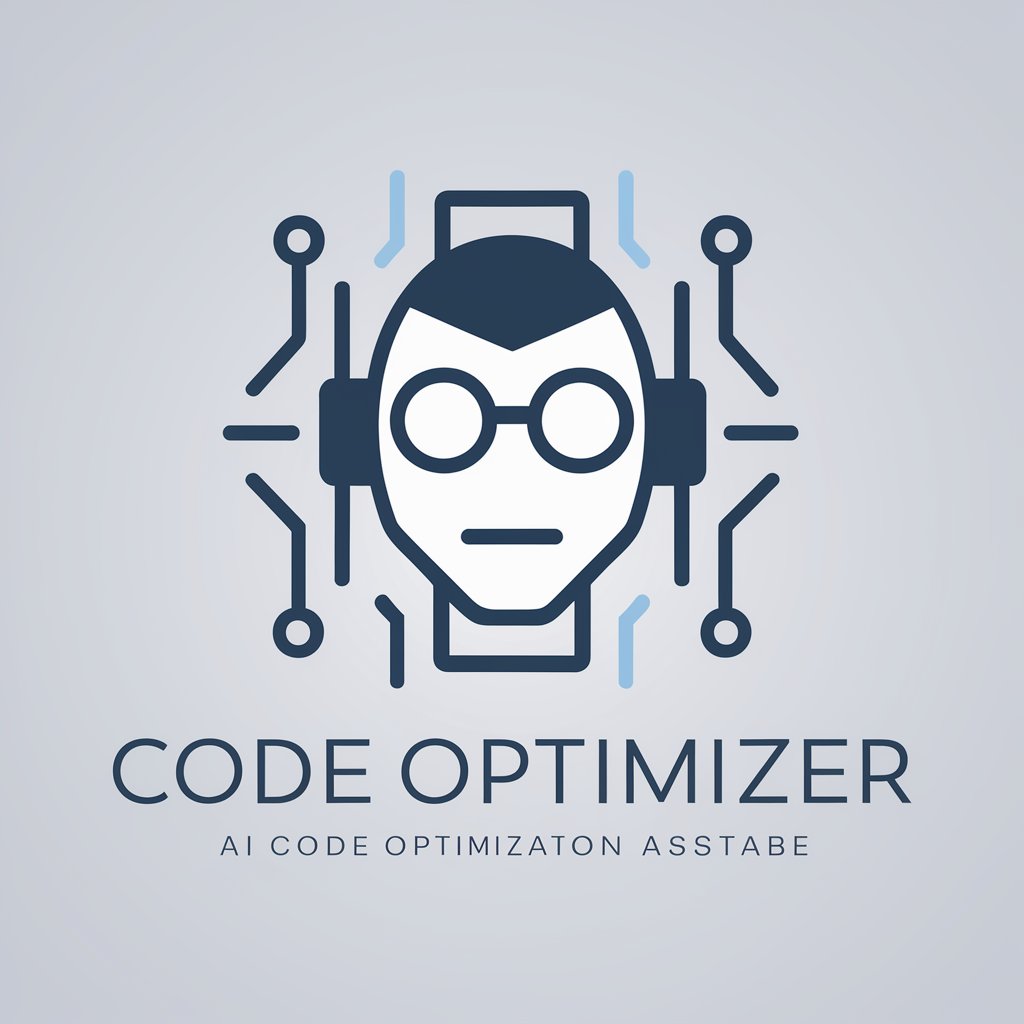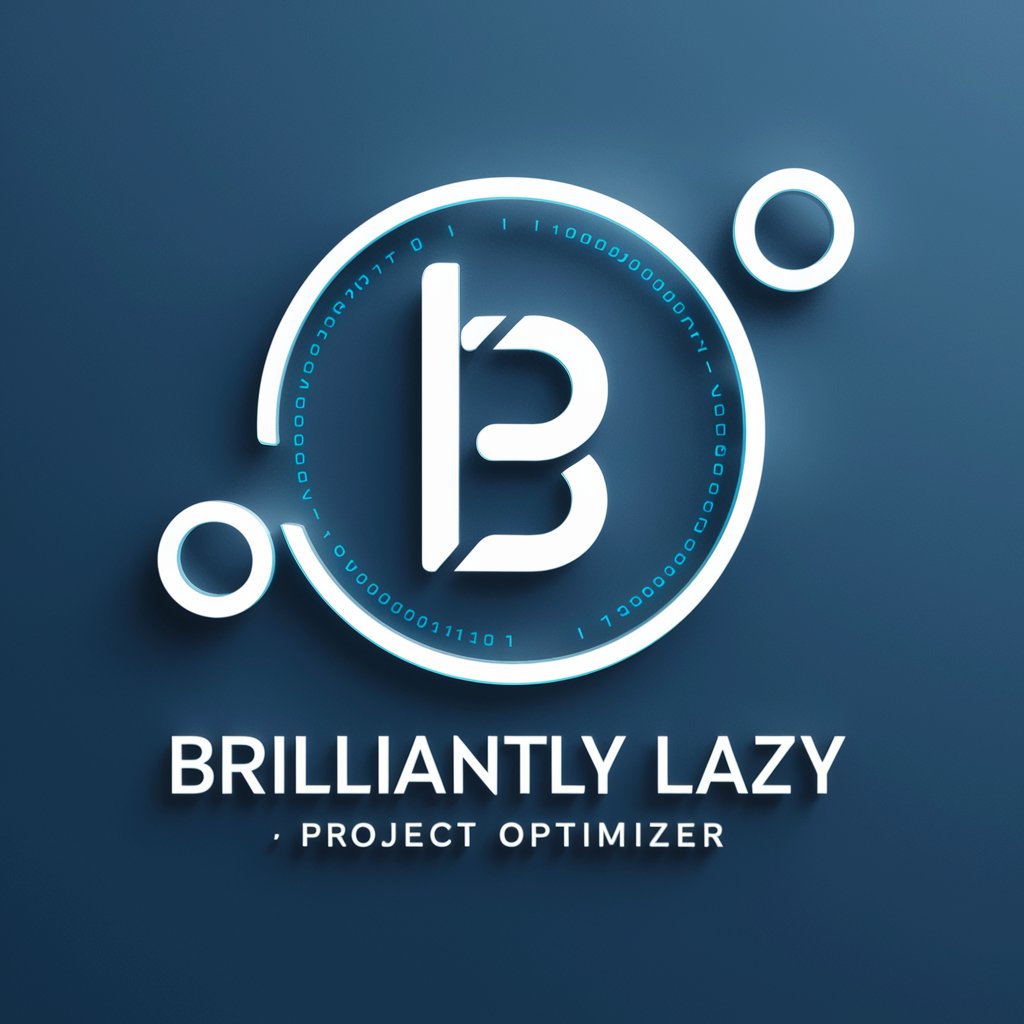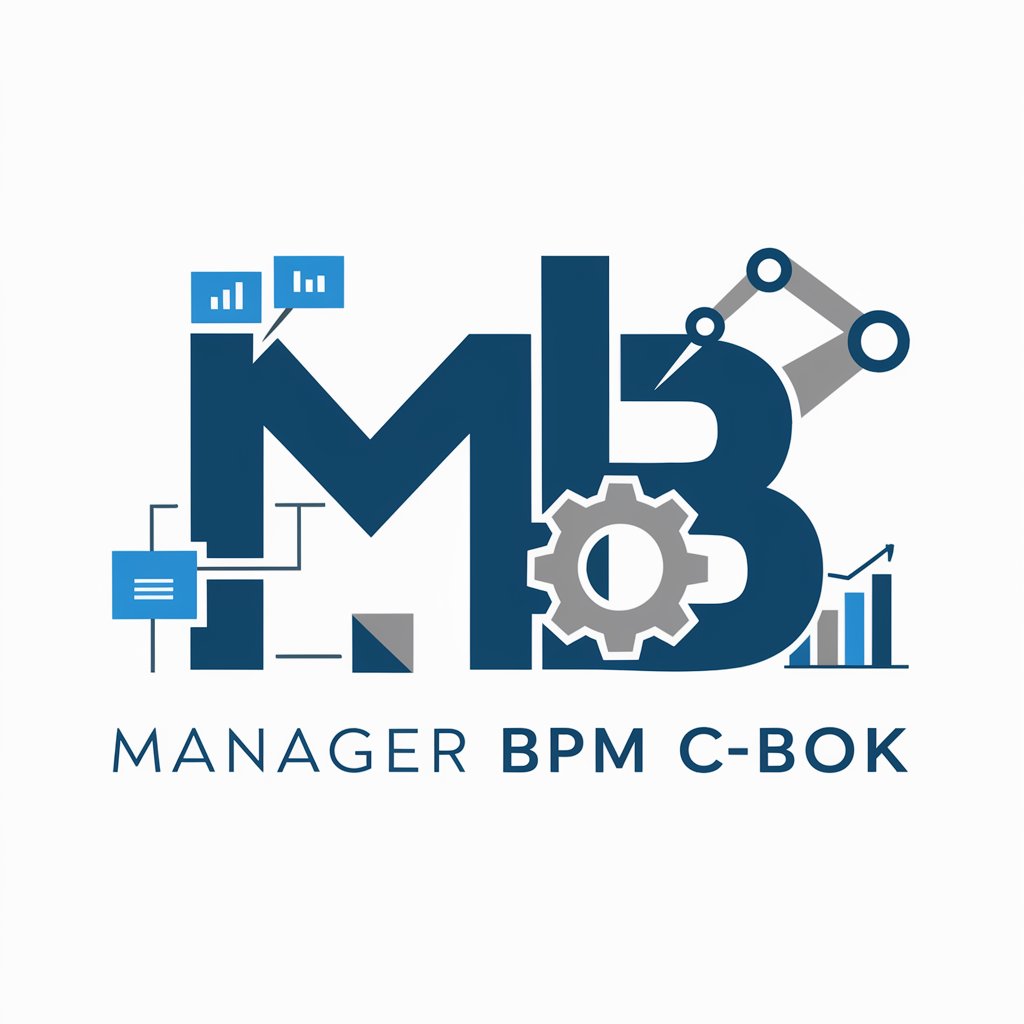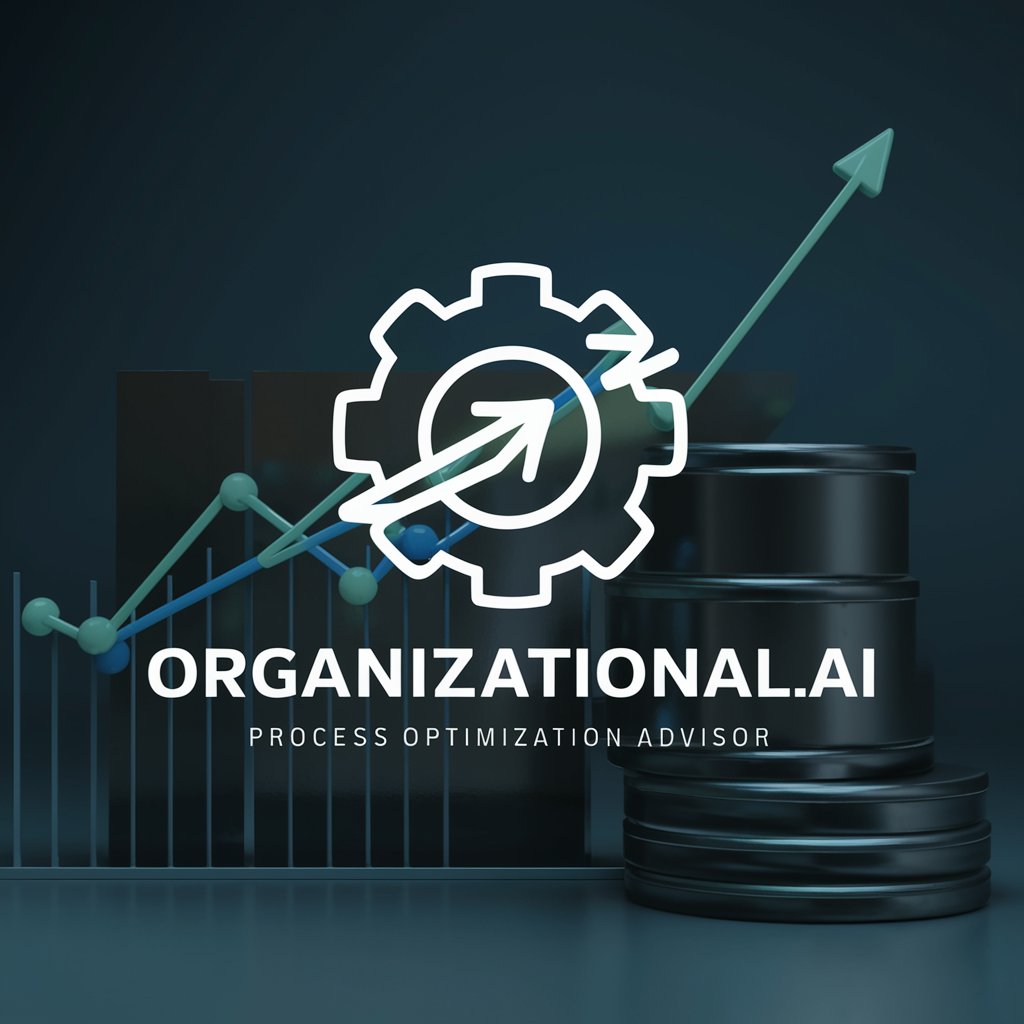
Process Optimizer - Process Reengineering AI

Let's make your processes better in a friendly, clear way! How can I help?
Revolutionize efficiency with AI-powered optimization
I have this screenshot of the flow chart of my process, can you help me optimize it?
Friendly advice on production improvement?
Suggestions for cost-effective process changes?
How can I make this workflow more efficient?
Get Embed Code
Process Optimizer: An Overview
Process Optimizer is designed to be an expert assistant in reengineering and optimizing processes across various fields. Its primary purpose is to offer structured advice for improving efficiency, cost-effectiveness, and streamlining operations in diverse industries. This assistant leverages a deep understanding of business process management, lean methodology, and system optimization to provide clear, innovative solutions. For example, in a manufacturing context, Process Optimizer could analyze the production line to identify bottlenecks or waste, suggesting specific lean techniques to enhance throughput and reduce costs. In a service industry scenario, it might review customer service workflows to streamline communication and improve response times. Powered by ChatGPT-4o。

Core Functions of Process Optimizer
Process Analysis
Example
Identifying inefficiencies in a manufacturing line, such as excessive downtime or redundant steps.
Scenario
In a factory, Process Optimizer can map out the production process, use data to pinpoint where delays most often occur, and recommend adjustments or new technologies to mitigate these issues.
Cost Reduction Strategies
Example
Optimizing supply chain logistics to reduce transportation and warehousing expenses.
Scenario
For a retail business, it could analyze shipping routes and storage practices, suggesting more efficient logistical arrangements or alternative suppliers to lower costs.
Workflow Streamlining
Example
Redesigning a hospital's patient intake process to reduce wait times and improve patient satisfaction.
Scenario
By examining the current patient flow, Process Optimizer might recommend digital check-in procedures and a revised triage system to make the intake process smoother and faster.
Lean Implementation
Example
Applying 5S methodology to organize and standardize a workspace for increased productivity.
Scenario
In an office environment, it could introduce a system for organizing digital and physical files, creating a more efficient workspace that reduces time spent searching for information.
Target User Groups for Process Optimizer
Business Leaders and Managers
These individuals seek to improve operational efficiency, reduce costs, and enhance competitiveness. Process Optimizer can provide them with actionable insights and strategies to refine their business processes, making their operations more agile and responsive to market changes.
Operations and Process Engineers
Professionals focused on optimizing production lines, supply chains, and service delivery methods will find Process Optimizer invaluable. It offers detailed analyses and recommendations to eliminate waste, streamline processes, and implement lean methodologies effectively.
Small Business Owners
For those managing smaller enterprises, resources are often limited. Process Optimizer can help identify critical areas for improvement, ensuring that limited resources are used as efficiently as possible to drive growth and profitability.
Consultants in Process Improvement
Consultants can leverage Process Optimizer to enhance their service offerings, providing clients with deep dives into process inefficiencies and tailored optimization strategies that deliver measurable results.

How to Use Process Optimizer
Start Your Journey
Begin by visiting yeschat.ai to access a free trial of Process Optimizer without the need for login or subscribing to ChatGPT Plus.
Define Your Process
Identify and clearly define the process you wish to optimize. This could be a business operation, academic research method, or any repetitive task needing efficiency.
Select Optimization Goals
Determine your optimization goals, such as reducing time, minimizing costs, or enhancing quality, to guide the customization of your process improvement plan.
Interact with Process Optimizer
Use the tool to input your process details and optimization goals. Leverage the AI's suggestions for process reengineering, based on lean methodology and system optimization principles.
Implement and Iterate
Apply the suggested improvements and monitor the results. Use Process Optimizer iteratively to refine the process further, based on performance data and new insights.
Try other advanced and practical GPTs
Business Process Analyst
Optimizing workflows with AI-powered analysis
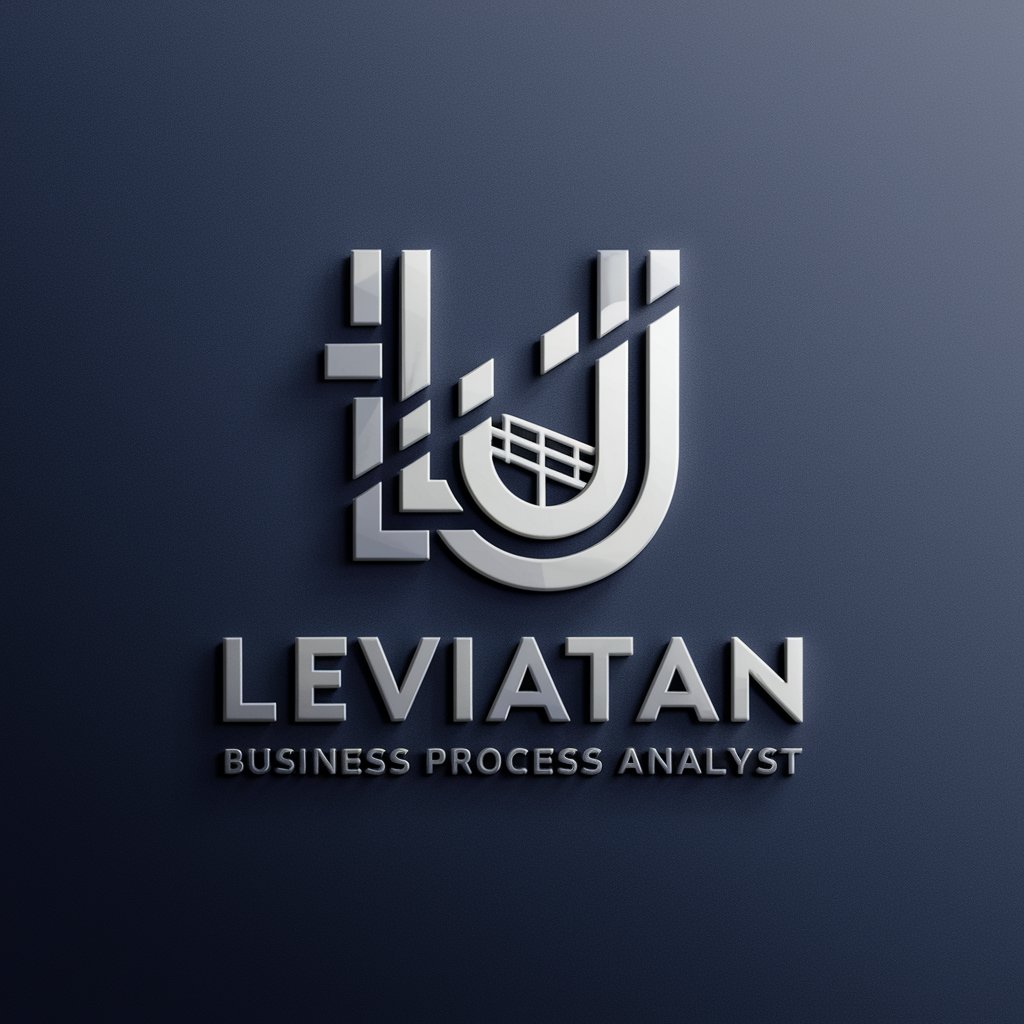
Process Guide
AI-Powered Process Documentation Expert
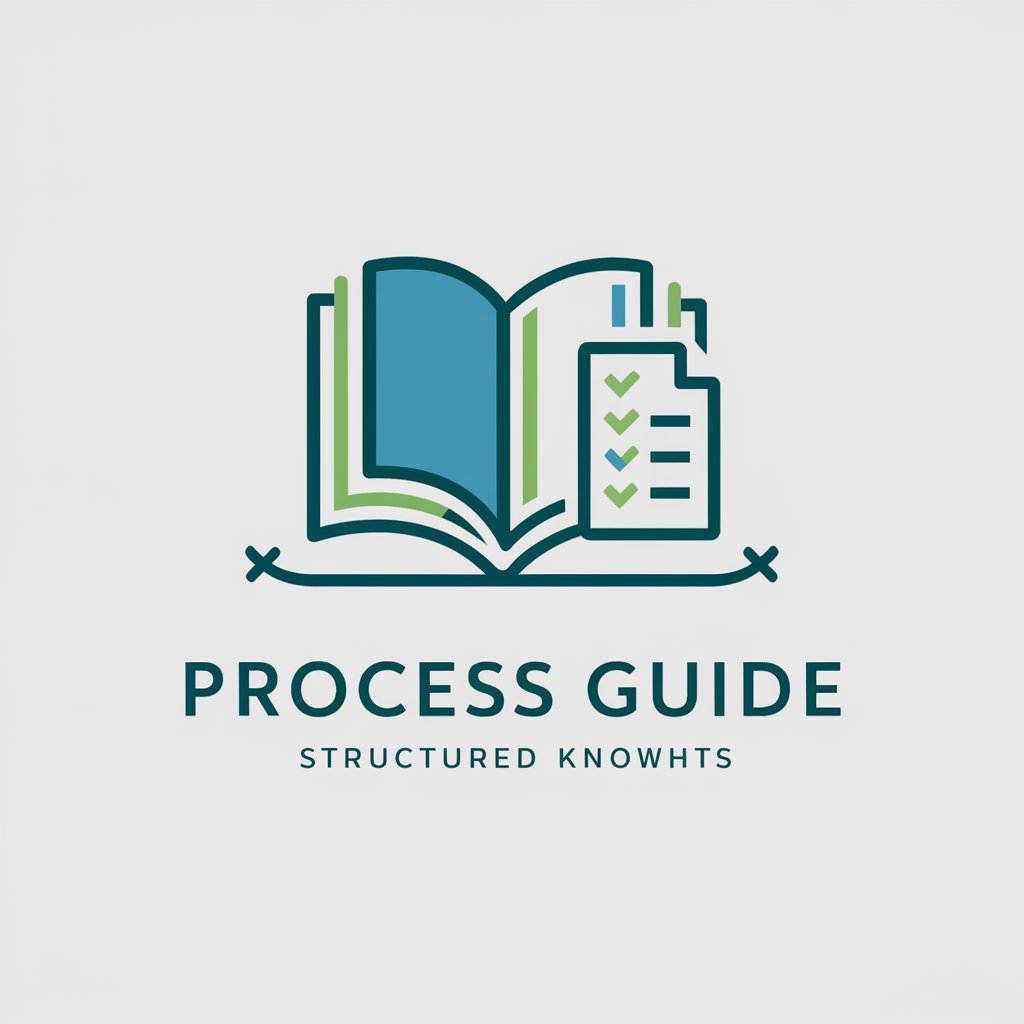
Process Mentor
AI-driven Process Management Mastery
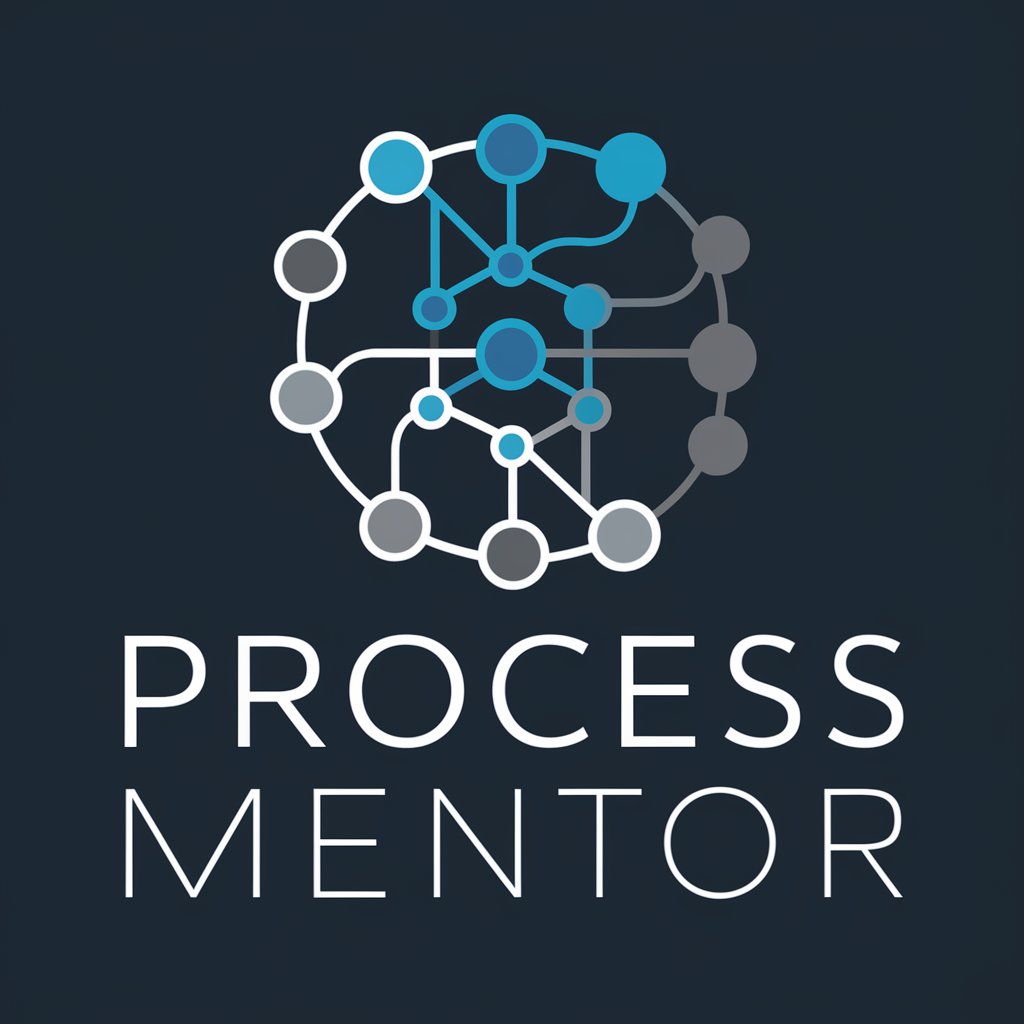
Process Explorer
Optimizing finance with AI-powered insights.
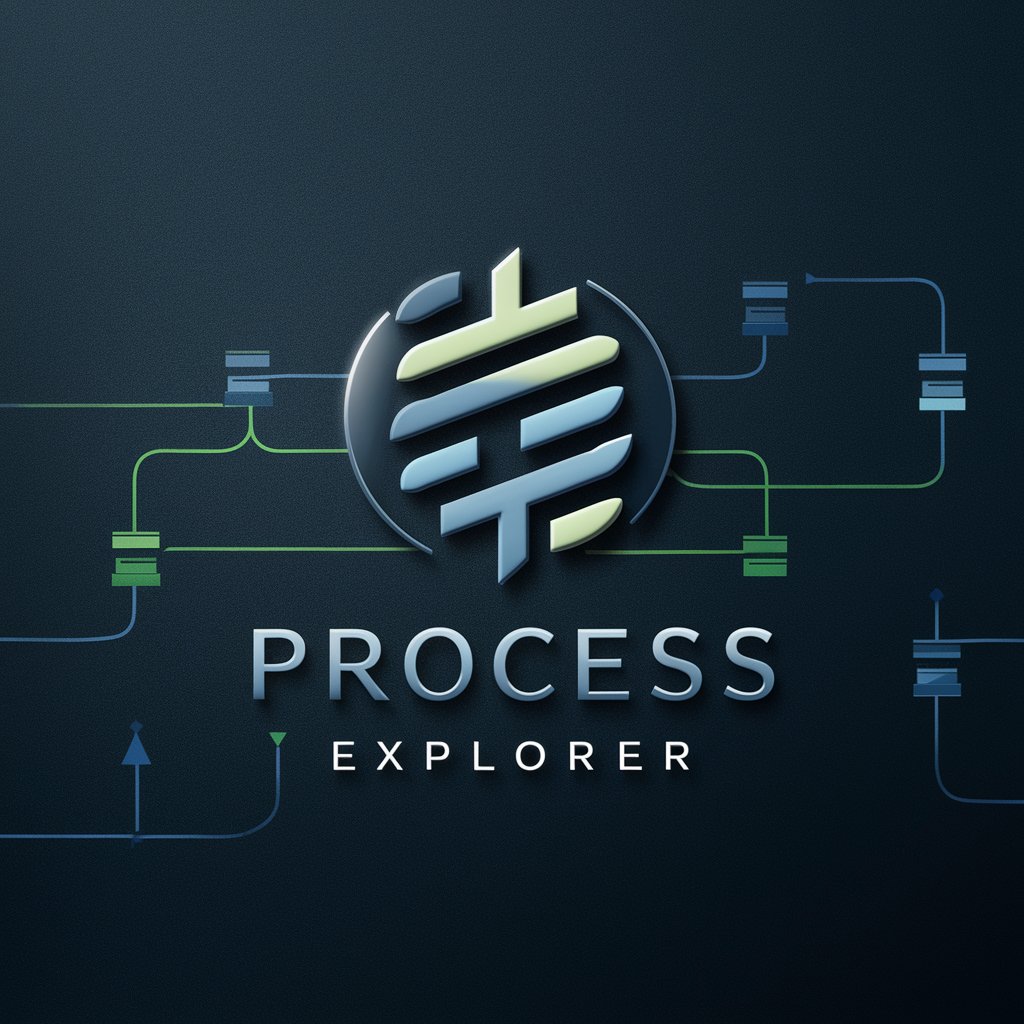
Sticker Boss
Unleash Creativity with AI-Powered Sticker Designs

FCRA Boss
Tailored Compliance in Credit Disputes

Detailed Process Diagram Generator
Visualize Processes with AI Power

Process Pro Plus
Streamline Processes with AI-Powered Insights
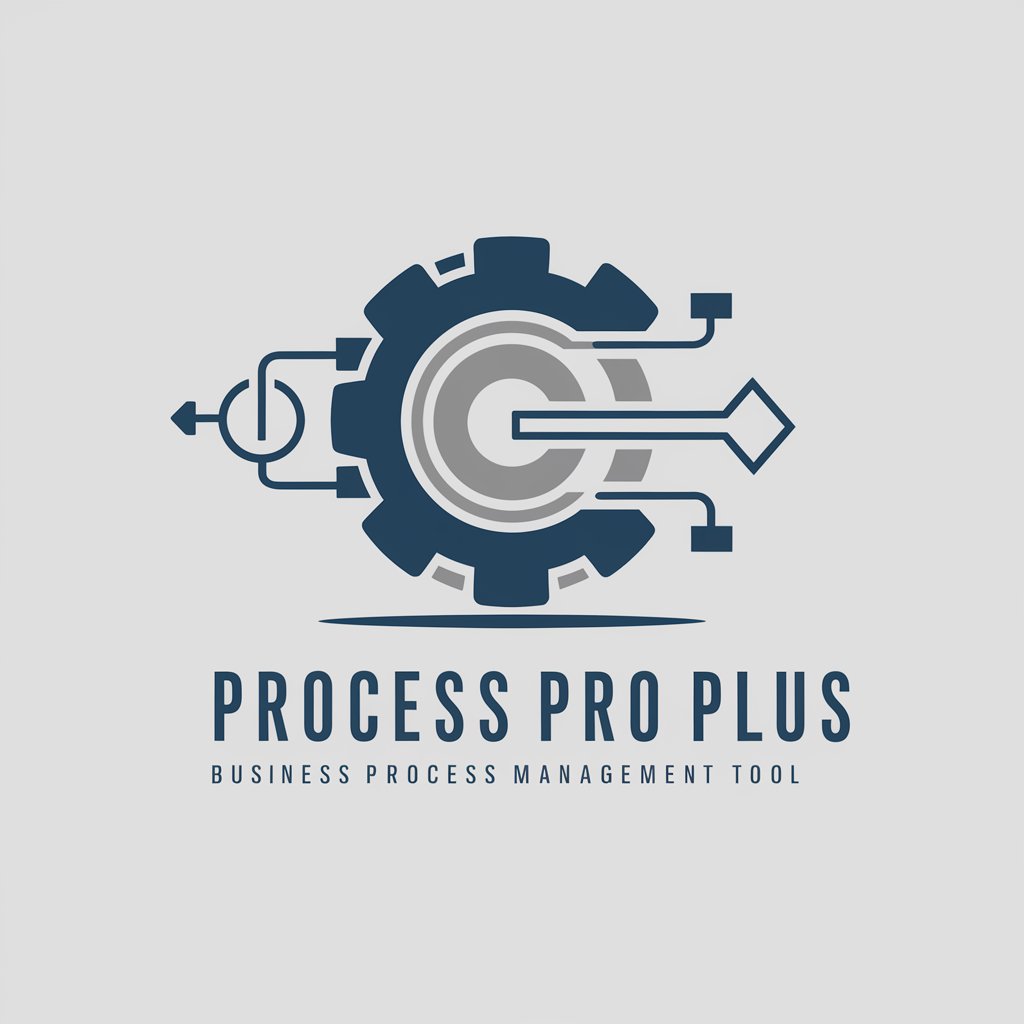
最好上手的企業通訊與協作軟體 JANDI
Empower Your Team with AI-Driven Collaboration
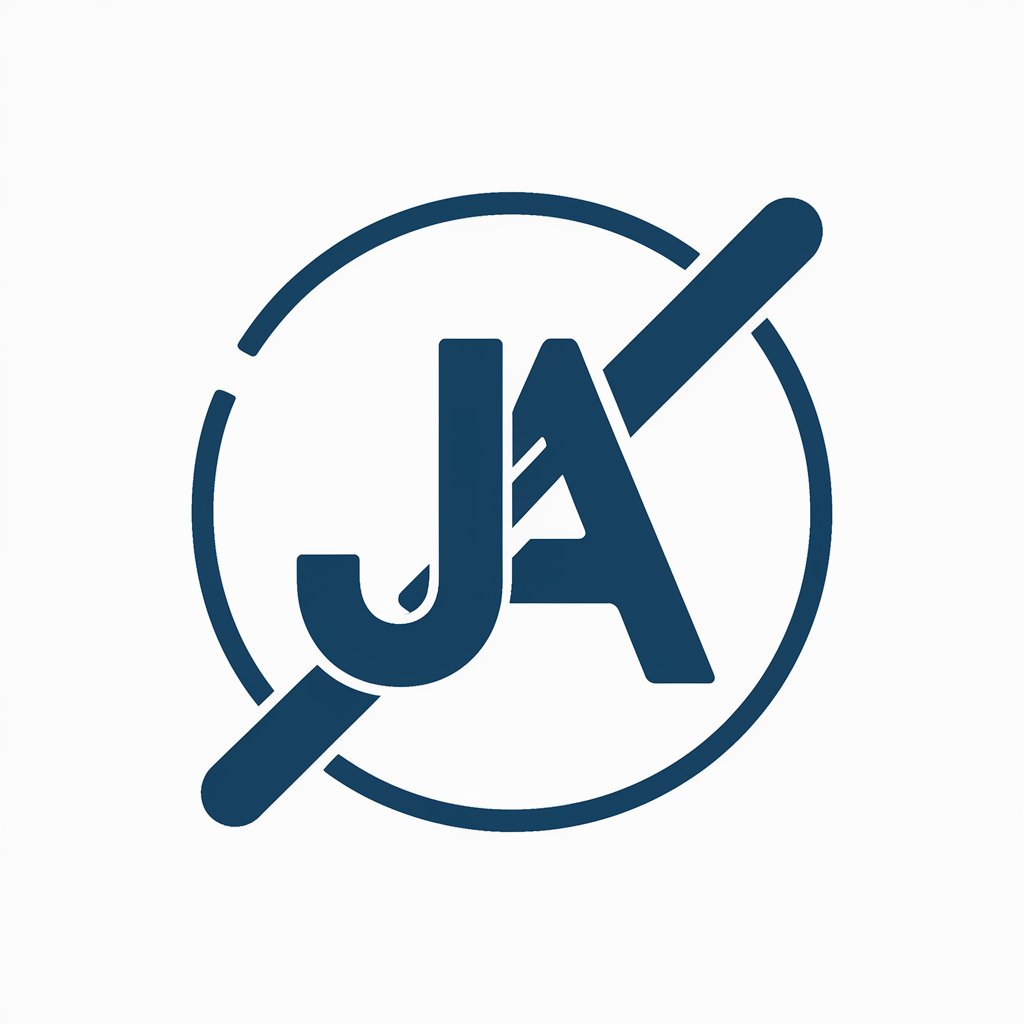
협업툴 잔디 (JANDI) 도움말
Empowering Teams with AI
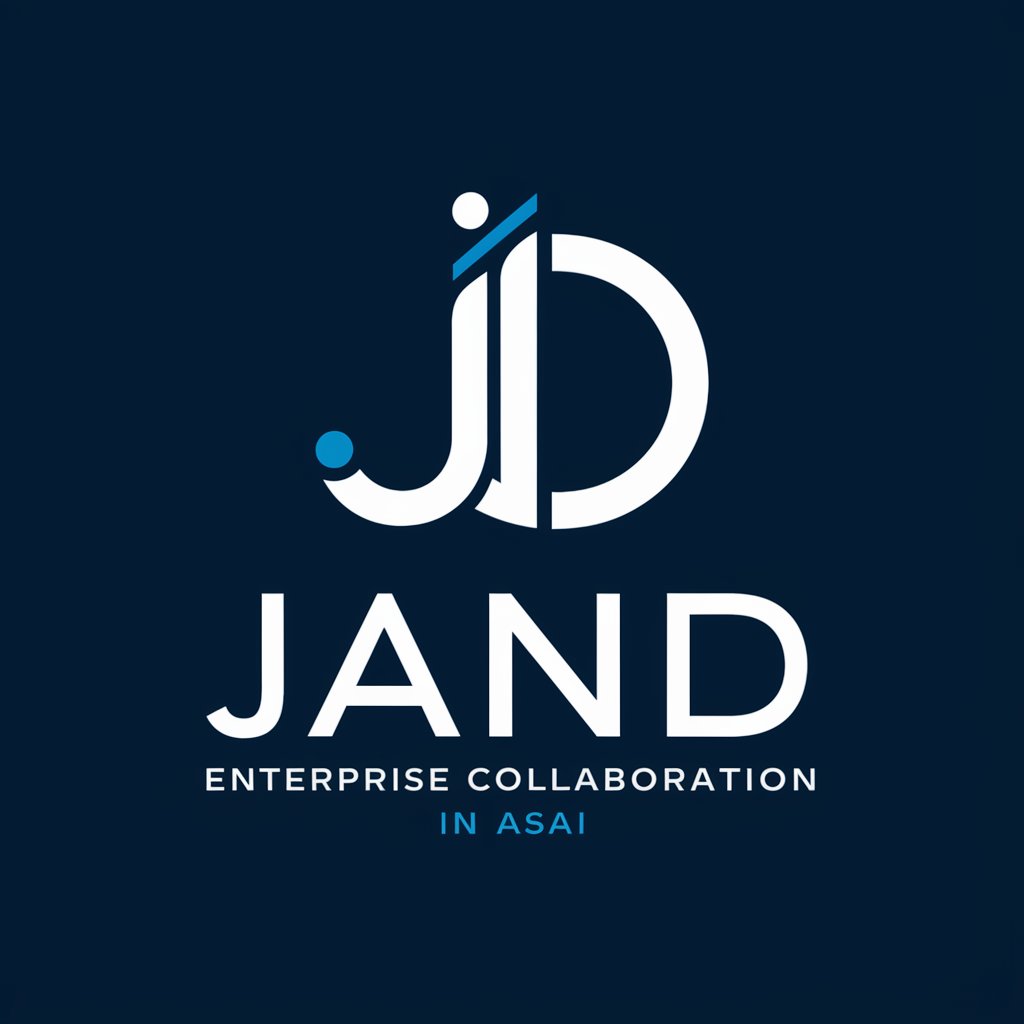
Destructive Giant Kaiju Creator
Unleash your inner monster architect.

Giant Guru
Elevating the Tall Experience with AI

Frequently Asked Questions about Process Optimizer
What is Process Optimizer?
Process Optimizer is an AI-powered tool designed to help users reengineer and optimize processes across various fields, leveraging lean methodology and system optimization principles for improved efficiency and effectiveness.
Who can benefit from using Process Optimizer?
Business professionals, academic researchers, and individuals in any sector looking to streamline operations, reduce costs, or improve the efficiency of repetitive tasks can benefit from Process Optimizer.
Can Process Optimizer be used for academic research?
Yes, it can assist in optimizing research processes, from data collection to analysis, by identifying bottlenecks and suggesting improvements for efficiency and effectiveness.
How does Process Optimizer ensure the relevance of its recommendations?
It uses a comprehensive framework to analyze the specified process, considers the user's optimization goals, and leverages up-to-date practices in lean methodology and system optimization.
What makes Process Optimizer unique?
Its AI-powered analysis offers customized, actionable recommendations for process improvement that are grounded in proven methodologies, adaptable across industries, and accessible without the need for technical expertise.
